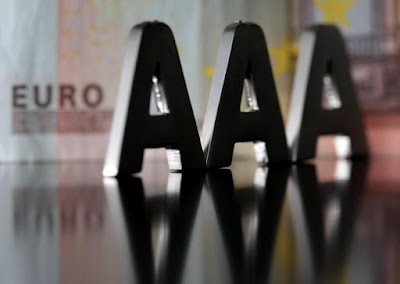Is the ECB now the Dominant Player in the European Rating Arena? Perspective may be needed…

In today’s very short post, an article in Global Capital is reviewed in relation to a recent post here in Financial Regulation Matters concerning the European Central Bank’s decision to accept now-junk status bonds as collateral. The article, published in yesterday’s edition of Global Capital , is entitled ‘ The ECB is now Europe’s foremost rating agency ’, and is based on the premise that the ECB’s decision has fundamentally altered the credit rating market in Europe. This is because ‘if the ECB thinks it’s good enough to buy or hold as collateral, then it probably is’. Furthermore, the article argues that ‘a credit opinion from the ECB is invariably going to be more accurate and more timely, given that the opinion will itself have a direct bearing on credit quality’. Finally, the article cites S&P’s decision not to downgrade Italy as evidence of this power shift towards the ECB and away from the rating agencies. However, if we return to last Thursday’s post, then we








